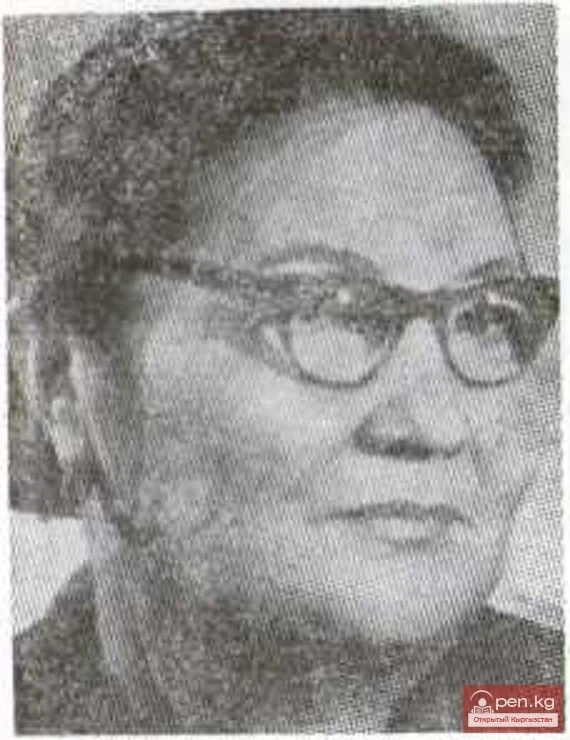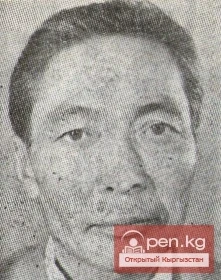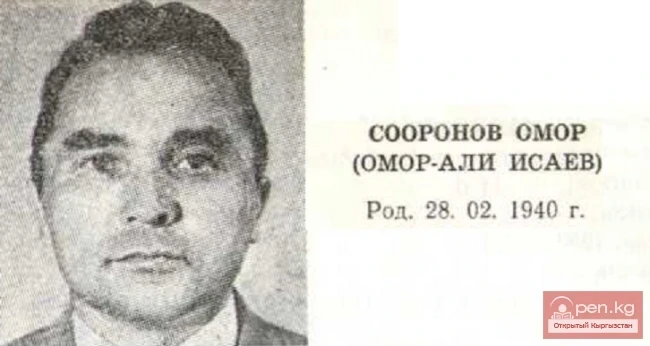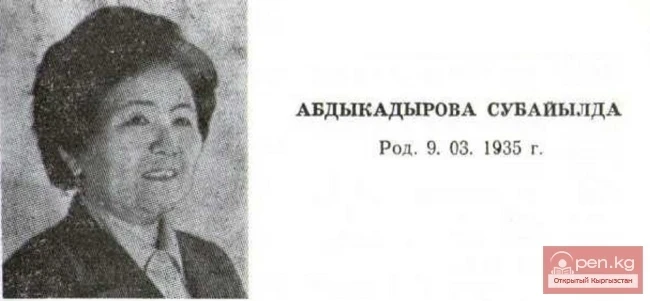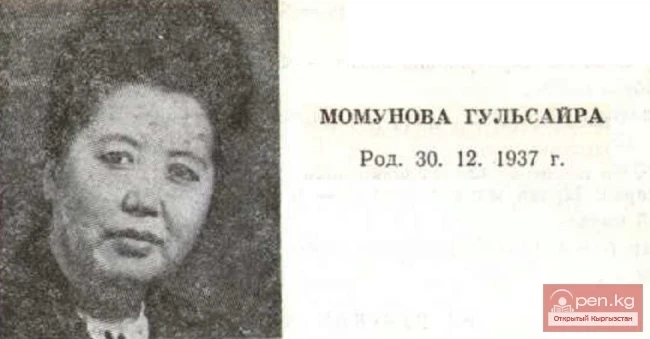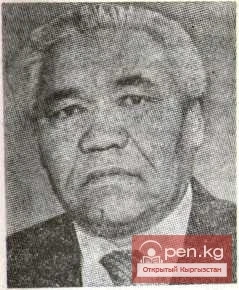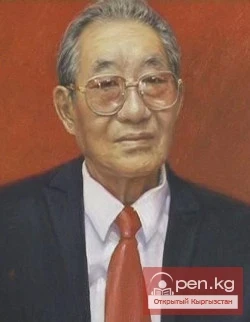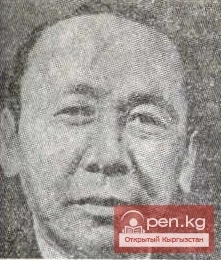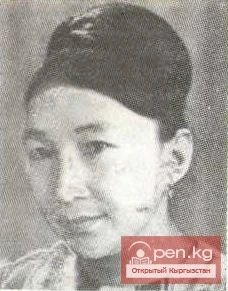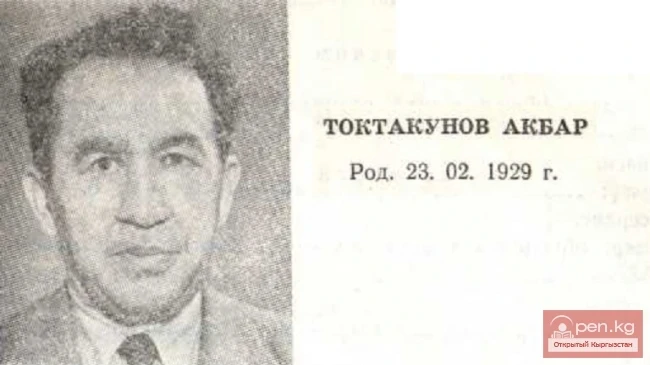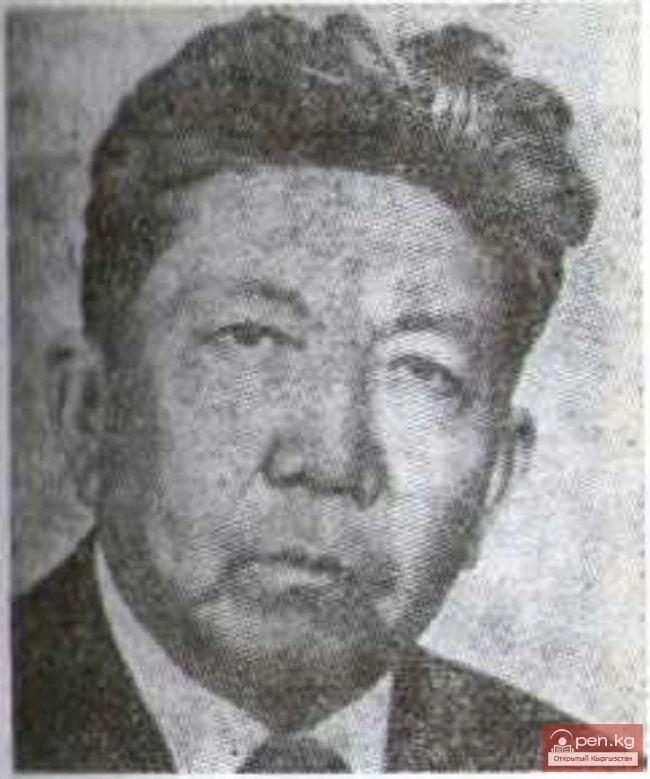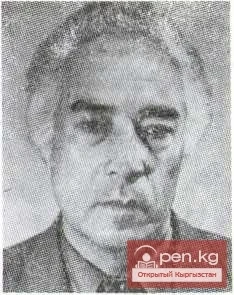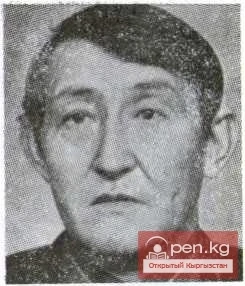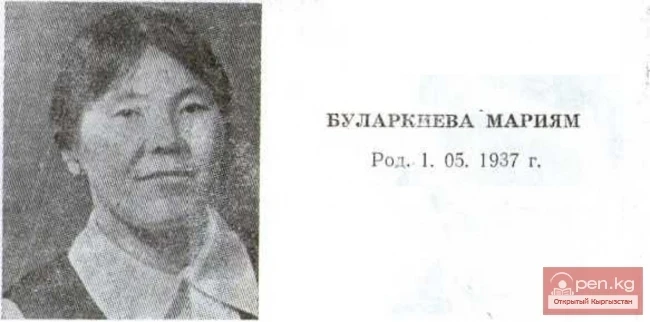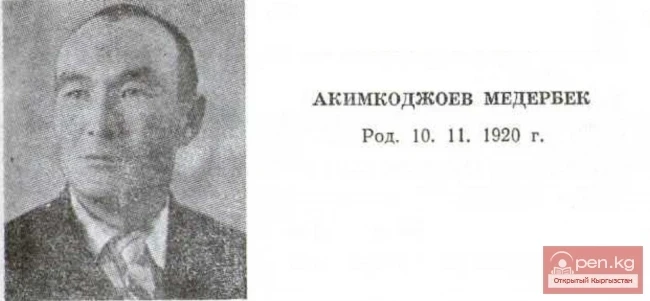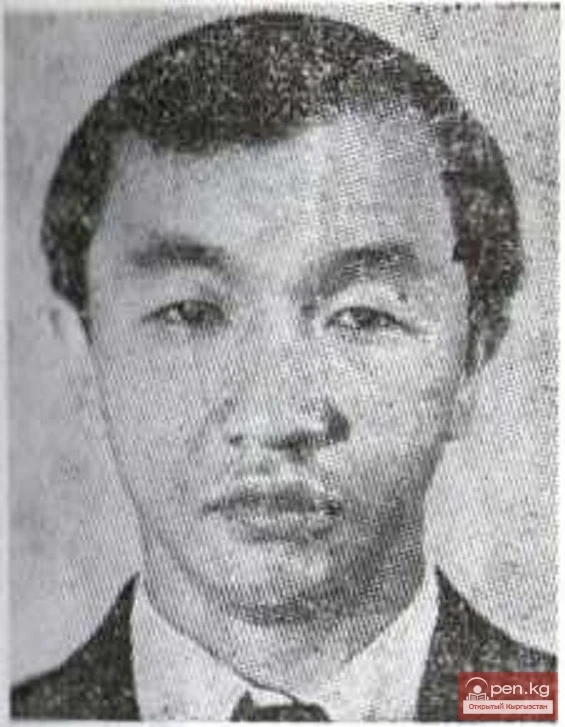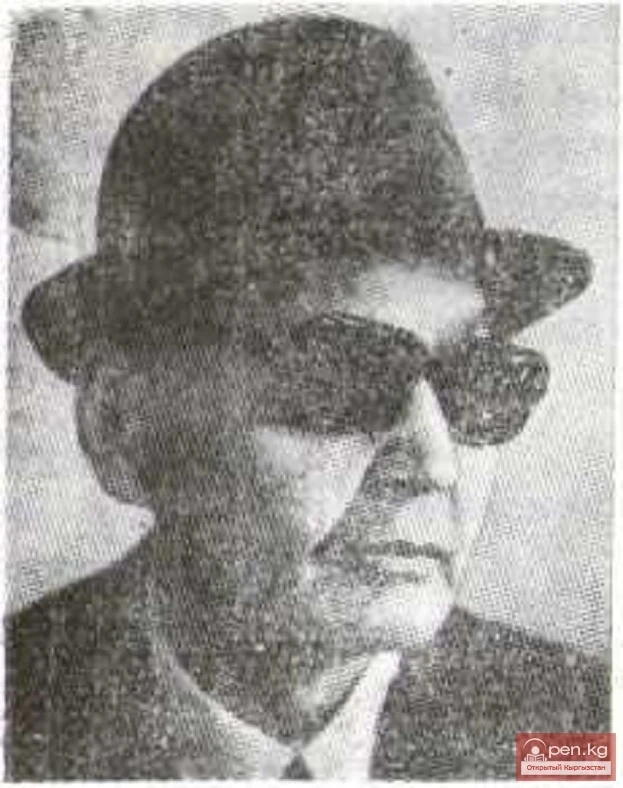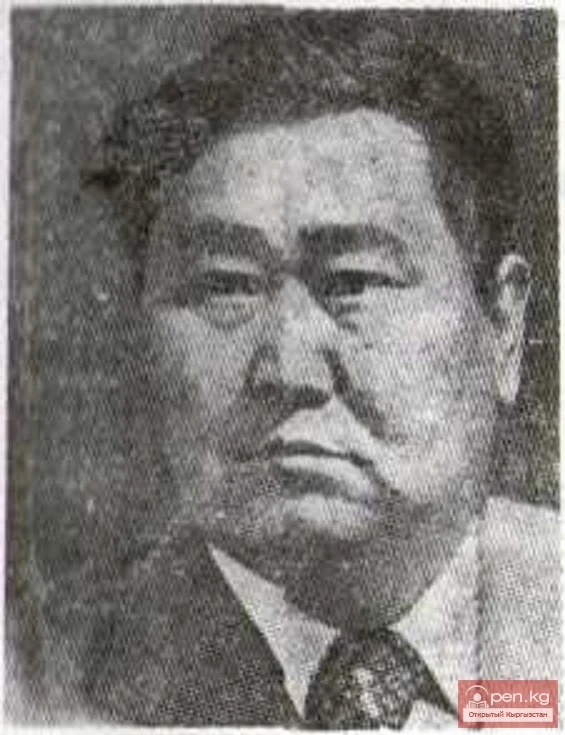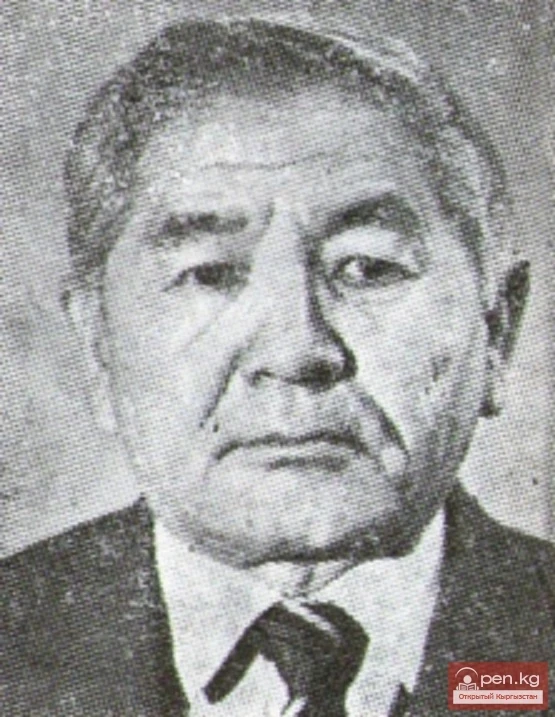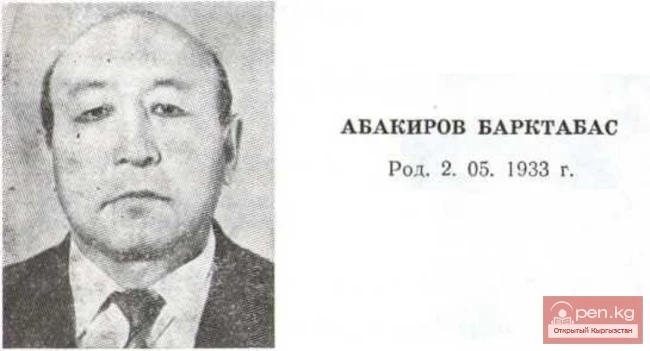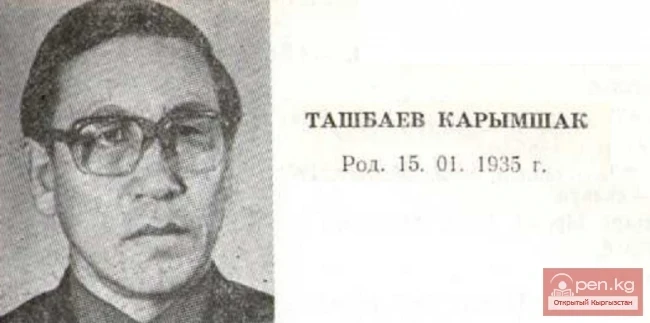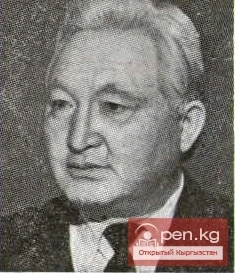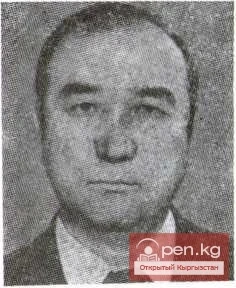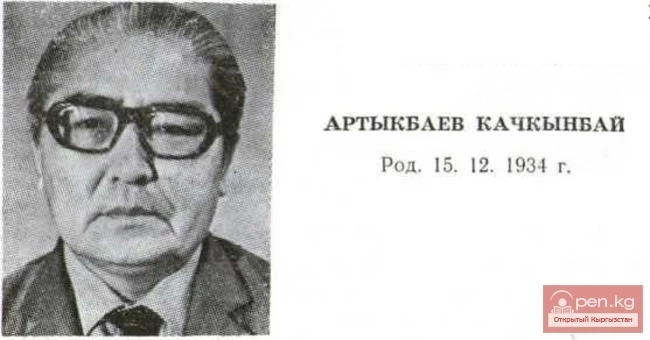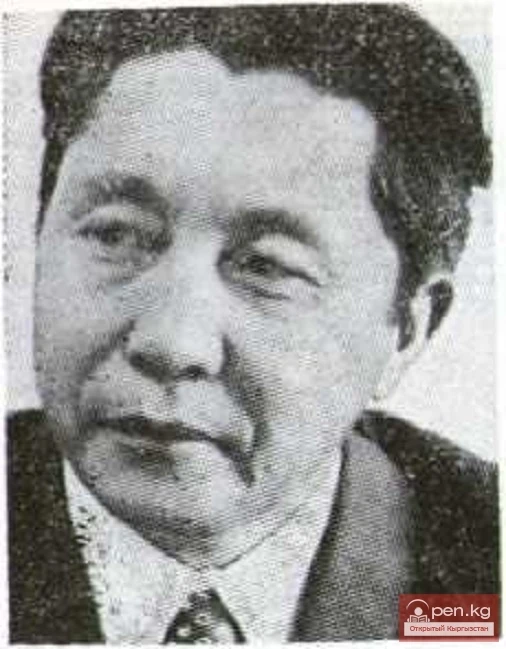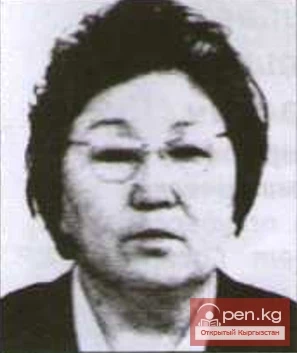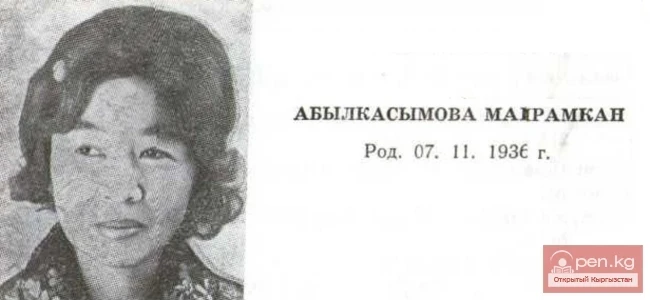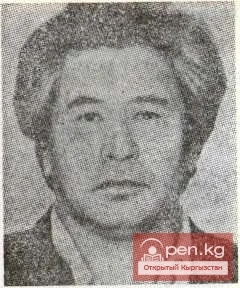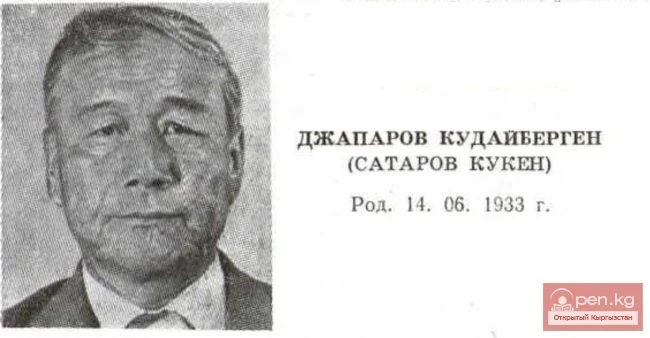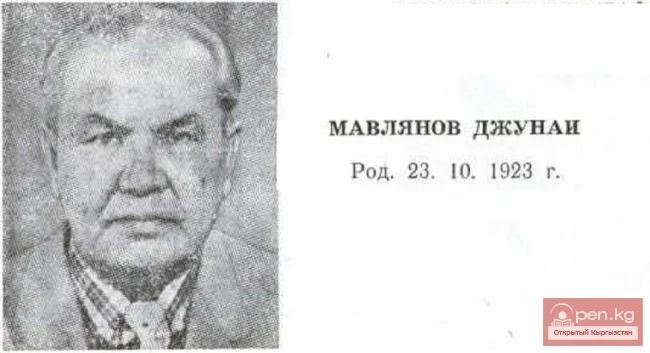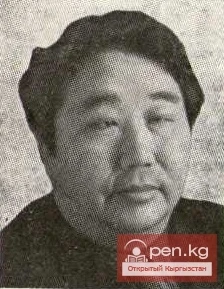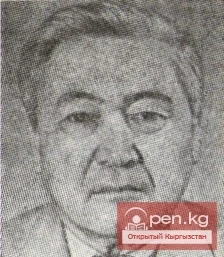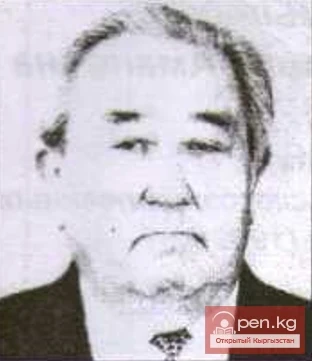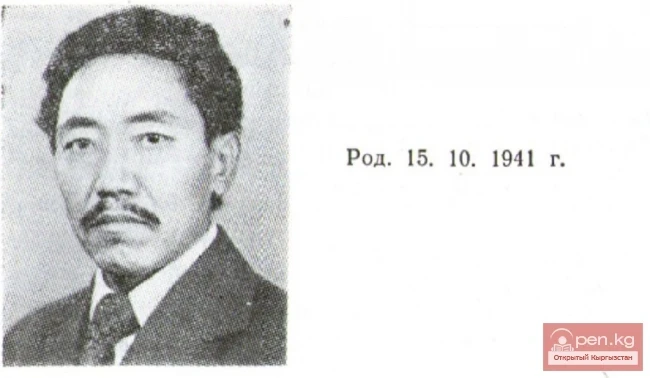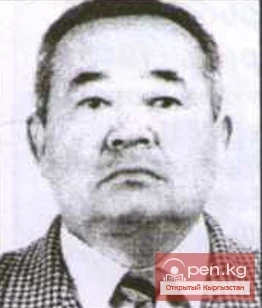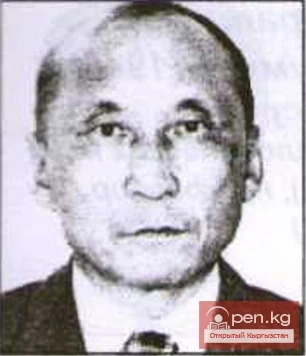INDONESIA. Republic of Indonesia
Indonesia is a state in Southeast Asia, located on 17,508 islands of the largest Malay archipelago in the world and the coastal part of New Guinea. The territory is 1.9 million km². Its controlled maritime area (internal sea, archipelagic waters, and exclusive economic zone) is 7.9 million km². The capital is Jakarta (on the island of Java; over 10 million), with the largest cities being Surabaya, Bandung, Medan, and Semarang.
The administrative-territorial division consists of 31 provinces and 2 special administrative regions - Jakarta and Yogyakarta. The population is over 220 million (4th place in the world). There are about 150 ethnicities and ethnic groups (the largest being Javanese, Sundanese, Madurese, and Malays). There is a significant number of immigrants from China, Yemen, and India. The official language is Indonesian. The main religions are Islam (Sunni Muslims) - about 80% of the population, Protestantism and Catholicism - 10%, Buddhism, Hinduism, animism, Confucianism, etc. The currency is the Indonesian rupiah.
It has diplomatic relations with the Russian Federation (established with the USSR in 1950).
The national holiday is August 17 - Independence Day (1945).
Indonesia is a unitary presidential republic. The president is the head of state and the government formed by him, as well as the supreme commander of the armed forces. The president is Susilo Bambang Yudhoyono, and the vice president is Yusuf Kalla (elected in 2004 by popular vote). The highest legislative body is the People's Consultative Assembly (MPR), consisting of 2 chambers - the People's Representative Council (DPR), which functions as a permanent parliament, and the Regional Representative Council (DPD), which has primarily advisory functions regarding the relationship between the center and the regions. The MPR is responsible for amending the constitution, formally inaugurating the president and vice president, and bringing impeachment in case of legally proven crimes or misconduct by them.
Members of both chambers are elected by direct popular vote. The chairman of the MPR is Hidayat Nur Wahid, the DPR is Agung Laksono, and the DPD is Ginandjar Kartasasmita.
For nearly 30 years, all power in the country was concentrated in the hands of the armed forces. The size of the armed forces is relatively small. As of 2002, it consisted of 297,000 personnel, including the army - 230,000, the air force - 27,000, and the navy - 40,000. Given the geographical features, the main focus is on strengthening the navy, aviation, and mobile units. With the fall of Suharto's authoritarian regime in 1998, the armed forces were removed from power, but they still play a significant role in the socio-political and economic life of Indonesia.
The current party system emerged after the elimination of the authoritarian regime. Instead of the previous three parties strictly controlled by the military authorities, dozens of new parties emerged, including many small and very small ones. For the parliamentary elections in 2004, 46 parties were allowed to participate. The largest number of seats in the People's Representative Council was won by 5 parties: Golkar (128 seats), the Indonesian Democratic Party of Struggle (109 seats), the United Development Party (58 seats), the Democratic Party (57 seats), and the National Awakening Party (52 seats).
Trade union associations include the All-Indonesian Workers' Union and the All-Indonesian Workers' Federation.
Major public organizations include the Muslim associations "Nahdlatul Ulama" (30 million) and "Muhammadiyah" (25 million).
Historical data trace the emergence of ancient Indonesian states to the turn of our era. During further development, the largest among their conglomerate emerged - Srivijaya on Sumatra (7th-13th centuries) and Majapahit on Java (12th-17th centuries). In the 15th-16th centuries, European colonizers invaded Indonesia, and by the early 20th century, its territory was under Dutch control (except for parts of Timor, which remained with the Portuguese). During World War II, the country was occupied by Japan. As a result of a prolonged national liberation struggle, an independent republic was proclaimed in 1945, with Sukarno as its first president. After failing to restore their power by force, the Netherlands recognized Indonesia's sovereignty in 1949, and in 1962 returned West Irian (the western part of New Guinea) to it after a referendum conducted under the auspices of the UN.
Internal political instability (military, separatist, and Islamist uprisings), and the growing confrontation between left and right forces led to a severe crisis - the "events of September 30, 1965," during which radicals among the opponents of the military leadership, supported by the leadership of the Communist Party, attempted a coup. The defeat of their uprising was followed by mass repressions against the Communist Party and its supporters, the removal of Sukarno from power, and the establishment of a "New Order" regime. In 1966, General Suharto became the acting president (officially from 1968). Strictly limiting internal opposition, the authorities led by the military set the task of ensuring economic growth through a transition to a market economy. An authoritarian regime was established in the country, which managed to ensure a certain stability in the internal political situation for almost 30 years.
In 1998, a severe political crisis erupted. Mass protests by students, trade unions, Muslim organizations, and others demanding the elimination of the authoritarian regime, democratization of the political system, and economic reforms took place in Jakarta and other cities. Under their pressure, on May 21, 1998, Suharto resigned. With the coming to power of President Megawati Sukarnoputri in 2001, the political situation in Indonesia noticeably stabilized. The current leadership headed by S. B. Yudhoyono is focused on maintaining stability, overcoming the consequences of the prolonged crisis that has affected almost all areas of the country's political and economic life.
Indonesia pursues a traditional "active and independent" foreign policy aimed at firmly defending national interests, constructively participating in addressing current international problems, and promoting peace, stability, and security in global and regional dimensions. Relations with all leading countries in the world, including Russia, are expanding, and Indonesia's positions in the "third world" are strengthening, as evidenced by its election as the chair of the Non-Aligned Movement for 1992-1995 and Jakarta's influential role in the Organization of Islamic Cooperation. From April 22-24, 2005, events were held in Indonesia to commemorate the 50th anniversary of the Bandung Conference of Asian and African countries in 1955, as well as a meeting of leaders from Asian and African countries, attended by representatives from 89 states. Special attention is given to participation in integration processes in Southeast Asia and the Asia-Pacific region as a whole.
Indonesia has been a member of the UN since 1950 and ASEAN since 1967.
Until the second half of 1997, Indonesia's economy developed successfully. The country approached the category of industrial-agrarian. The average annual growth rates were 7-8%. In 1995, the implementation of a new 25-year national development phase began, which was supposed to bring Indonesia to the level of new industrial countries by 2020. The financial crisis that hit many Asian countries in the second half of 1997 had the most severe impact on Indonesia. According to various estimates, in 1998, GDP contracted by 15-20 percent or more. The exchange rate of the rupiah fell catastrophically (by more than 6 times), inflationary processes intensified (up to 100%), and prices for consumer goods increased.
The stock prices on the Jakarta Stock Exchange significantly dropped. There was a mass bankruptcy of small and medium-sized enterprises. The number of people living below the poverty line increased to 40% (6% at the beginning of 1997). Foreign exchange reserves decreased (from $18 billion at the end of 1997 to $16.3 billion in March 1998). By now, Indonesia has managed to overcome the period of prolonged stagnation and gradually increase its main macroeconomic indicators. However, many experts believe that it will take several more years to reach the 1997 level.
In agriculture, about 38% of the working-age population is employed. Its share in GDP is 17% and tends to decline. Indonesia is self-sufficient in rice - the main food crop. It ranks second in the world in the production of natural rubber and palm oil, and is one of the largest suppliers of tropical timber products, several plantation crops - tobacco, coffee, tea, spices, as well as fish and seafood.
The industrial sector accounts for approximately 25% of GDP. The extractive industry provides a significant portion of budget revenues, although its overall share is decreasing. Indonesia produces 1.15 million barrels of oil per day (95% of production and refining is controlled by foreign, mainly American, companies acting as subcontractors for the state corporation "Pertamina"). It ranks first in the world in the export of liquefied natural gas (39% of world trade), second in tin production, and fourth in nickel. There are also large reserves of coal, copper, and uranium ore. Gold, silver, and diamonds are also mined. The manufacturing industry is primarily focused on the production of consumer goods: textiles, ready-made clothing, footwear, leather goods, household chemicals, and food products. High-tech and science-intensive sectors have developed dynamically: shipbuilding and aircraft manufacturing, petrochemicals, automotive assembly, and electronics production. The number of thermal and hydroelectric power stations has increased in the energy sector; the first geothermal power station in the region has been put into operation.
Foreign investments play an important role in the country's economy. The foreign trade turnover in 2004 exceeded $93 billion, including exports of $61 billion and imports of $32 billion. Indonesia's external debt by 2005 amounted to $134.9 billion (3rd place in the world after Brazil and Mexico), of which the state accounted for $77 billion, and the rest was private sector debt. Excessive borrowing of foreign funds was one of the causes of the financial crisis.
The largest and most influential media centers include newspapers: in Indonesian - "Kompas" (circulation 450-500 thousand copies), "Suara Pembaruan" (300 thousand), "Suara Karya" (150 thousand), "Berita Buana" (60 thousand), "Merdeka" (50 thousand); in English - "Jakarta Post" (40 thousand).
The national news agency is "Antara." There are government and private radio and television stations.

